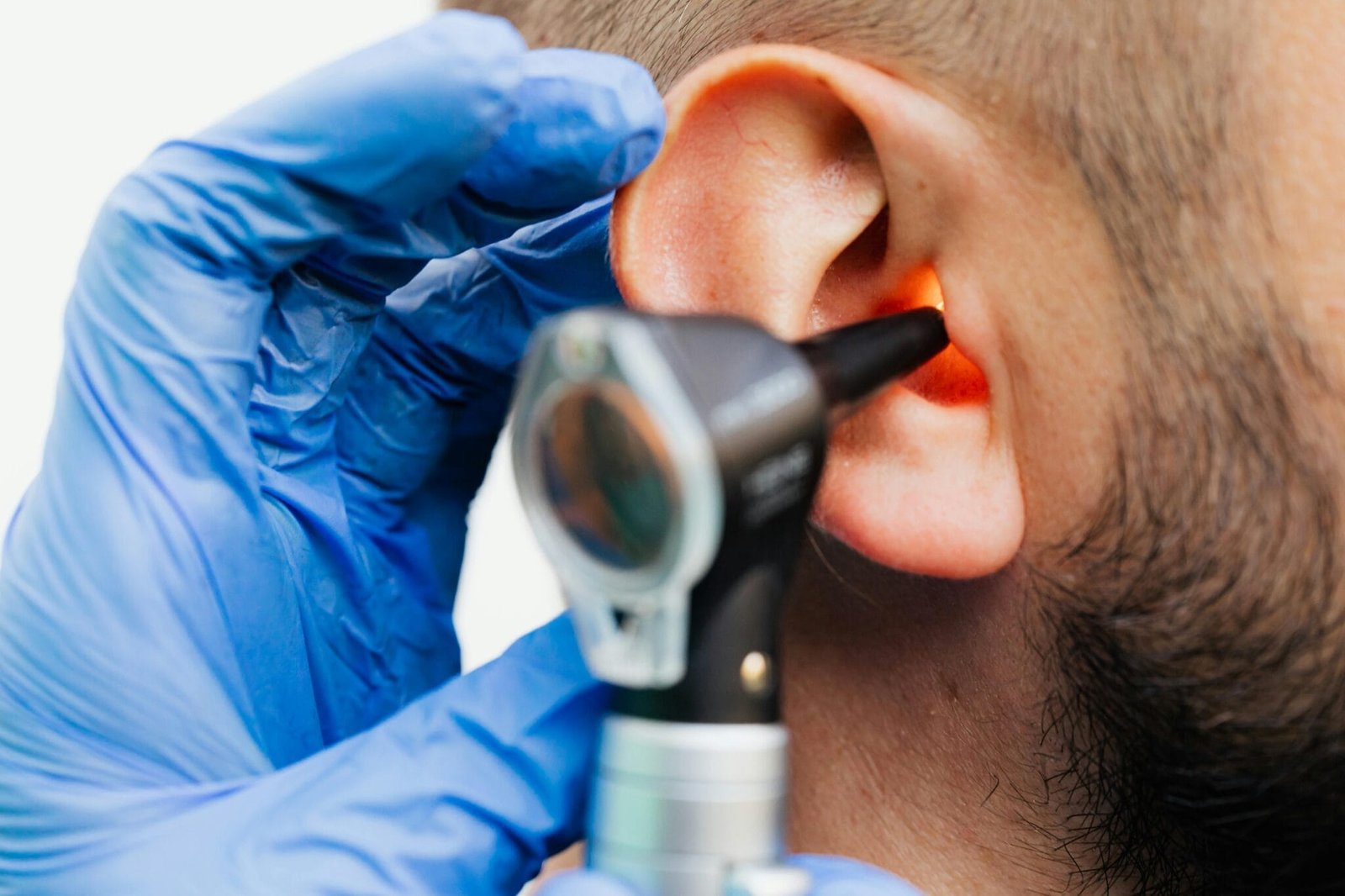
Understanding Tinnitus and Deafness: Causes, Symptoms, and Treatments
Tinnitus and deafness are prevalent auditory disorders that can significantly impact an individual’s quality of life. Tinnitus is characterized by the perception of sound, such as ringing, buzzing, or hissing, in the absence of external stimuli. It can vary in intensity and may be accompanied by hearing loss. Deafness, on the other hand, refers to the partial or complete inability to hear sounds, which can be caused by a variety of factors including age, exposure to loud noises, and underlying health conditions. This section aims to provide a comprehensive overview of these conditions, highlighting their causes, symptoms, and the importance of seeking timely intervention.
Prevalence
Tinnitus affects approximately 15-20% of the global population, while varying degrees of hearing loss affect around 1 in 5 individuals.
Causes of Tinnitus:
- Exposure to loud noises
- Ear infections or blockages
- Age-related hearing loss (presbycusis)
- Certain medications (ototoxic drugs)
Types of Deafness:
- Conductive Hearing Loss: Results from issues in the outer or middle ear, preventing sound from being conducted properly.
- Sensorineural Hearing Loss: Caused by damage to the inner ear or auditory nerve, often related to aging or exposure to loud sounds.
Symptoms to Watch For:
- Persistent ringing or buzzing in the ears (tinnitus)
- Difficulty understanding speech, especially in noisy environments (deafness)
- Increased sensitivity to sounds (hyperacusis)
Importance of Early Diagnosis:
- Early intervention can prevent further deterioration of hearing and improve quality of life.
- Regular hearing assessments are crucial, especially for individuals at risk.
Treatment Options:
- For tinnitus: Sound therapy, cognitive behavioral therapy, and hearing aids.
- For deafness: Hearing aids, cochlear implants, and assistive listening devices.
Conclusion
By understanding tinnitus and deafness, individuals can take proactive steps toward managing these conditions effectively. Awareness and education play key roles in minimizing the impact of hearing health issues, ultimately leading to improved outcomes and quality of life.
Dont Hesitate To Contact Us
We’re here to help! If you have any questions, feedback, or need assistance, please feel free to reach out.


